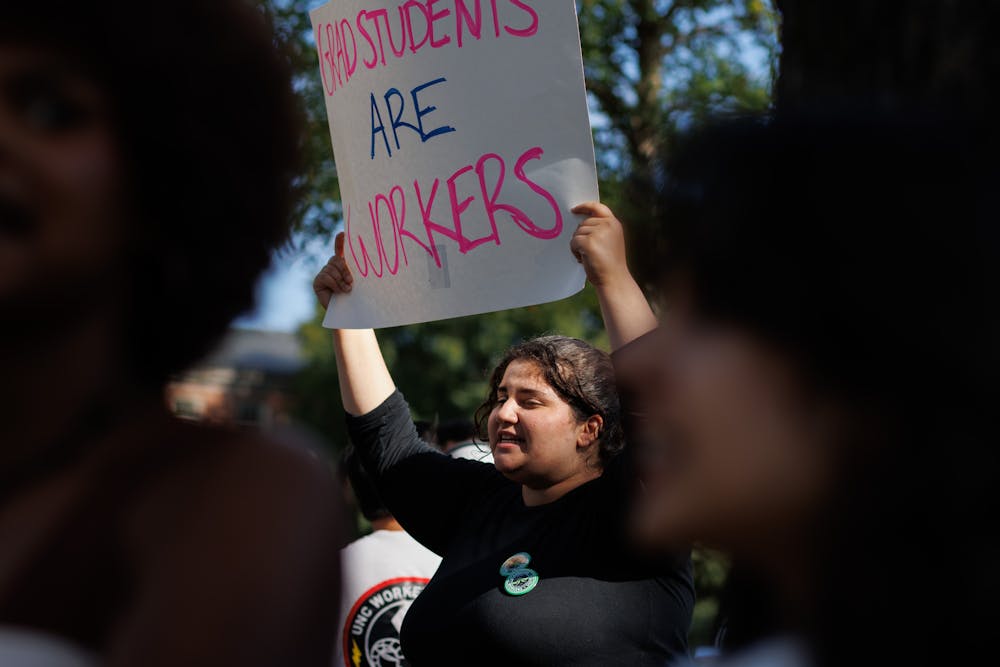Support for Starbucks fell tremendously in the past few months, with numerous protests, boycotts and even store vandalisms taking place as a result of the company's inability to condemn the violence Israel inflicted on Palestinian people.
Starbucks filed a copyright infringement lawsuit against Starbucks Workers United, the union representing Starbucks employees, after they posted in support of Palestine on X. The now-deleted post pictured a bulldozer ripping into a security fence that surrounded the Gaza Strip. The union claimed the tweet was written by one person, and it was not authorized to be posted.
Following the initial post, the account liked a post supporting Palestine and urged consumers not to buy Starbucks gift cards over the holiday season. In response, Starbucks publicly disagreed with the union's solidarity with Palestine. Starbucks CEO Laxman Narasimhan claimed that protestors were influenced by misrepresentation of what the company stands for on social media.
The union filed their own lawsuit against Starbucks, claiming the company falsely attacked the union on the basis of a post that the union did not endorse. Starbucks has been accused of being aggressively anti-union, which Starbucks Workers United has acknowledged, claiming the lawsuit against them as an “illegal anti-union campaign.”
Starbucks has seen wavering support from both sides of the issue even as the company claims a neutral position.
Initially, pro-Israel Starbucks’s customers boycotted the company in response to SWU’s post. However, as the company continued to make muddied statements vaguely denouncing violence, its pro-Palestine consumer base made a great impact on the company's revenue through organized protests and boycotts. It is estimated that the company lost anywhere from $11 to 12 billion dollars since Nov. 16 and experienced historically low sales during what is traditionally a peak season during the holidays.
Some argued that this boycott will die off as new drinks come out or a new shiny cup is launched and consumers forget about the movement. Yet, as Starbucks pushes promotions and deals through its app, the effects of the boycott remain apparent, and it is evidence that consumers can organize despite the temptation of seasonal drink "BOGO" offers.
The success of the Starbucks boycott should be fuel for further examination of late-stage capitalism and is proof that consumers have the ability to make a difference — even on multi-billion dollar companies. Although Starbucks will not go out of business in the foreseeable future, the drop in sales made an impact and will hopefully push the company to make changes to its historic union-busting behaviors and expand on workers' rights.
We must not forget why consumers started to boycott the company in the first place and be critical when purchasing from other corporations that are not quick to call what is happening in the Middle East a genocide.




